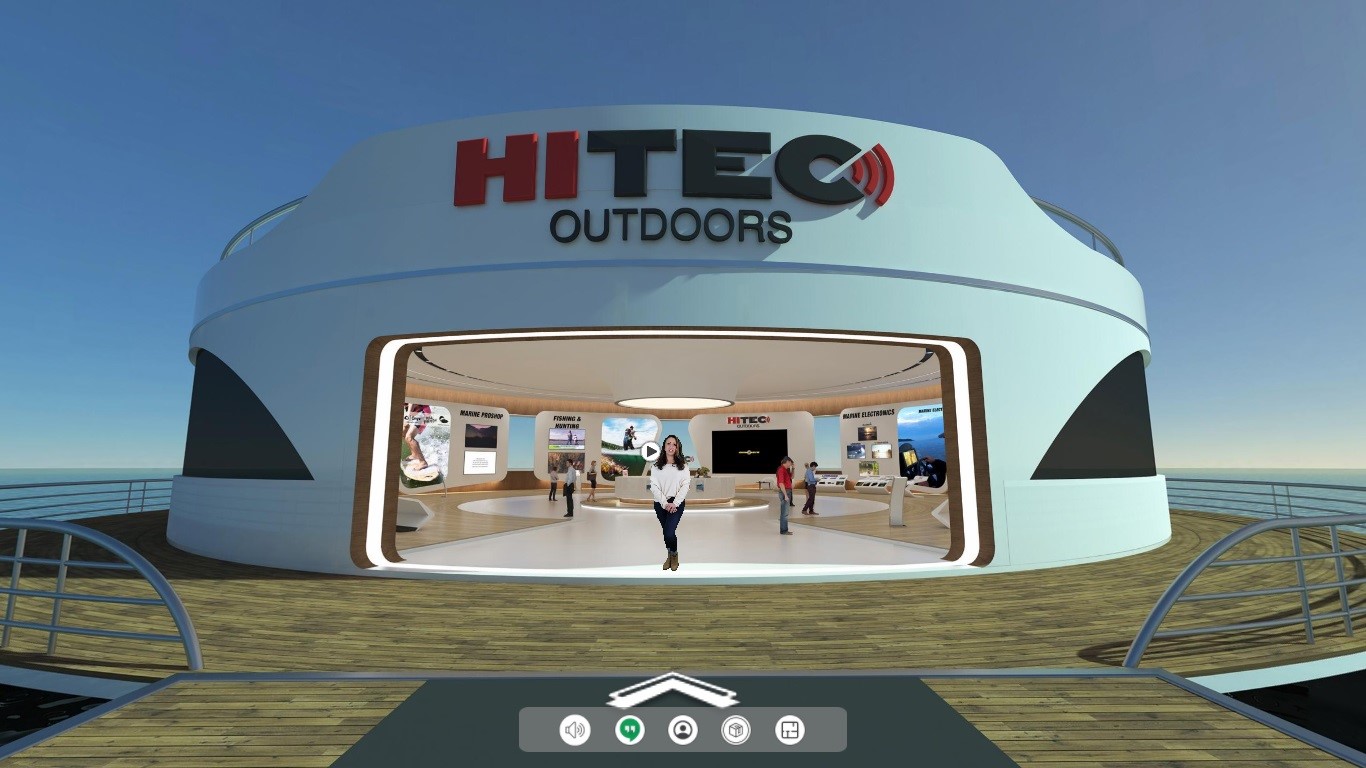Any company requires an interface to communicate with its customers or potential clients.
This engagement is the most critical aspect for any company to succeed in a competitive market because it develops perception and establishes confidence in the minds of customers.
New and creative techniques are being used to capture eyeballs in the modern internet age. The first step in getting a customer is to keep them engaged, informed, and eager to learn more.
The use of “virtual showrooms” is one such technique that accomplishes this goal. Brands that have incorporated virtual showrooms have seen a hike in their customer engagement & response.
What Is a Virtual Showroom?
Virtual Showrooms are digitally created 360° environments with a similar look and feel as well as functions of a physical showroom.
What Can Customers Do In a Virtual Showroom?
In a virtual showroom, visitors can browse through the products which are displayed via 3D replica models, access multimedia information at a single click, and connect live with the sales team.
Virtual showrooms simulate the real-life experience. Visitors can easily navigate and interact with various objects placed within the virtual space using click and drag via the mouse.
Information-Desk
The first thing that someone in everyday life interacts with in order to seek answers is a reception desk. Based on the same analogy an info-desk can be incorporated to communicate with the guests using a virtual hostess.
The customer can be greeted here with a pre-recorded introductory message by the virtual host. This message can be customized based on what information you want to pass on to your customer.
This interaction would provide a human touch for consumers, getting their attention in the right away. Other information such as visiting cards, catalogues, and brochures can be made available to visitors in pdf format, which can be both downloaded and printed.
360° Product-Display
The visitor can directly navigate to a product using call-out labels or the viewport near it. This will take the visitor up-close to the product they are interested in.
Here customers can interact with the product using the 360-degree view option that loads the 3D model of the product. These models are designed to simulate the product down to the smallest detail.
These 3D models will enable your customer to zoom in & out, rotate and view a particular part of the product, and also interact with its features. The customer can also view the 3d product in his own environment through Augmented Reality option.
Video and Images
Customer may also watch product videos either playing directly on televisions screens or popping out by clicking on the video icon. Videos from YouTube can also be linked.
The consumer can also see images and brochures relating to the items, which are shown next to them.
Chat
Using the chat option, your customer can communicate directly with the company’s sales or support team for assistance regarding the product.
Other communication options, such as voice calls, video calls, and screen sharing, are also available.
Your Sales teams can effectively respond to customer queries using laptops or smartphones anytime, 24 hours a day, seven days a week. This gives them more flexibility in their interactions with customers.
Your customers can explore the virtual space even further after viewing the product. To maximize brand interaction, virtual socialization areas such as bars and lounges are built to better replicate real-world environments.
All in all, the virtual showroom or virtual experience centre offers a wholesome experience to the customer – one which is full of information, yet entertaining as well!
Conclusion
Every inch (or pixel!) of the virtual showroom can be customized to support your marketing & brand objectives.
These futuristic tools belong to the category of immersive web or experiential web and will help your business escalate its marketing program to the next level.


